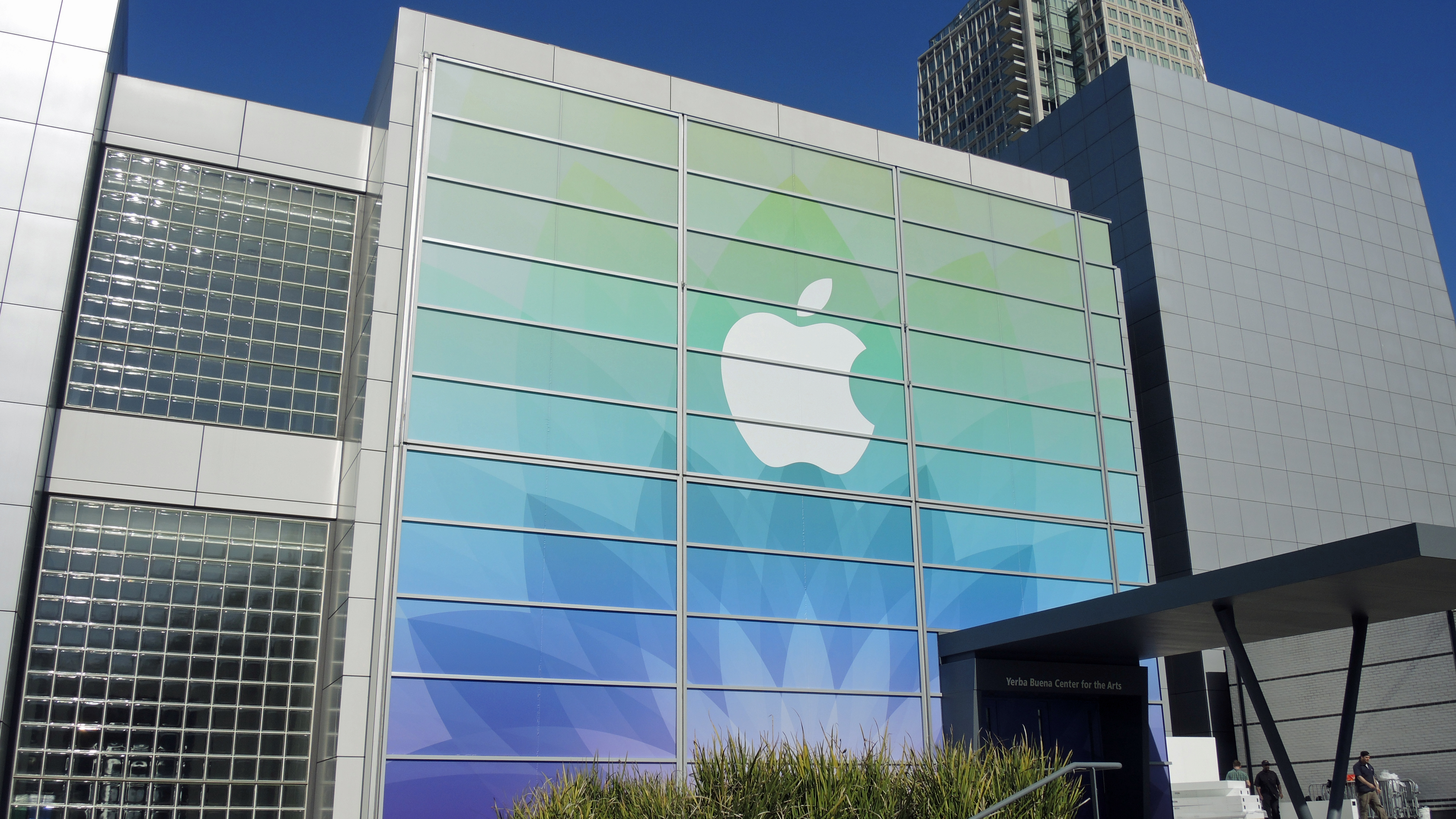Apple goes on the offensive against US authorities in iPhone case [Updated]
Brief says Department of Justice and FBI are seeking a 'dangerous power'

Apple has formally filed a motion to vacate a court order demanding it assist the FBI in breaking into a locked iPhone.
"This is not a case about one isolated iPhone," the motion begins. "Rather, this is about the Department of Justice and the FBI seeking through the courts a dangerous power that Congress and the American people have withheld: the ability to force companies like Apple to undermine the basic security and privacy interests of hundreds of millions of individuals around the globe."
Apple has spoken out against the government's demands previously, but this is our first look at the legal arguments it will levy against the FBI and DOJ in what will likely be a long battle in the court system.
The government is seeking to force Apple to unlock an iPhone used by one of the San Bernardino terrorist attackers. The FBI says it wants to gather as much information from the phone as it can, and that it is asking for access to one phone and not a "master key" to encryption. Apple contends that the software the government wants it to build is a backdoor into the iPhone that would put countless users at risk, and set a dangerous precedent.
Apple's argument
In today's motion, Apple calls the FBI's order unprecedented, says it has no support in the law and is unconstitutional.
Apple calls attention to the Communications Assistance for Law Enforcement Act (CALEA), which Congress has not updated in such a manner that would mandate companies like Apple put a backdoor into their products. The Obama administration decided not to pursue an updated and expanded version of CALEA, and Congress left the law untouched.
Furthermore, CALEA doesn't allow law enforcement "to require Apple to implement any specific design of its equipment, facilities, services or system configuration," which the company says is happening in this case.
Sign up for breaking news, reviews, opinion, top tech deals, and more.
The legislative and executive inaction on CALEA indicates neither Congress nor the president want law enforcement to have the powers it is now attempting to exercise, Apple argues, and in response, the DOJ and FBI have turned to the judiciary system to grant them those powers.
Apple says throughout its motion that a decision about whether companies should be required to build a backdoor into their devices should be decided by Congress, after public debate, and not by the courts. Cupertino calls the court system ill-suited for the task, not least because orders like the FBI's can come ex parte - without a party present - which is what happened to Apple.
Apple also struck at the All Writs Act and the FBI's invocation of it, essentially describing it as a limited law that doesn't "provide the judiciary with the boundless and unbridled power the government asks this Court to exercise." The company writes the FBI's order "goes well beyond the very limited powers afforded by Article III of the Constitution and the All Writs Act," and therefore "[the order] must be vacated."
As for its unconstitutionality, Apple says the FBI order violates its First Amendment protections against compelled speech and viewpoint discrimination as well as its rights under the Fifth Amendment due process clause, which protect the company against arbitrary action by the government.
The burdensome undertaking of GovtOS
To build the "compromised operating system" the government wants - what Apple calls GovtOS - it would require significant resources and effort to develop, deploy, test and document the process, the firm says.
Six to 10 Apple engineers and employees would need to dedicate most of their time over a period of two to four weeks to design, create, validate and deploy the software, though it can't say for sure since this has never been done before.
Apple describes the software's creation as a ground-up effort in which new code is written and tested. The company outlines a burdensome undertaking that includes documenting and deploying the software, testing it on multiple devices, looking for unintended consequences, watching it doesn't actually destroy data, and, eventually, possibly destroying it.
Everything would be logged, recorded, and preserved, Apple says. While it doesn't make an explicit connection to it in the motion, this does align with CEO Tim Cook's earlier argument that it's unrealistic to expect the software to totally disappear after it's used on the iPhone. Pending court cases also suggest that if the precedent is set now, Apple will be ordered to create software that breaks its own security systems again.
And Apple argues that if the software isn't destroyed, the danger to the public is inherent because it would put the private information of millions of innocent people at risk while criminals work to secure the encryption tool. It places the burden on the public, Apple says, and not on those who mean harm.

Michelle was previously a news editor at TechRadar, leading consumer tech news and reviews. Michelle is now a Content Strategist at Facebook. A versatile, highly effective content writer and skilled editor with a keen eye for detail, Michelle is a collaborative problem solver and covered everything from smartwatches and microprocessors to VR and self-driving cars.